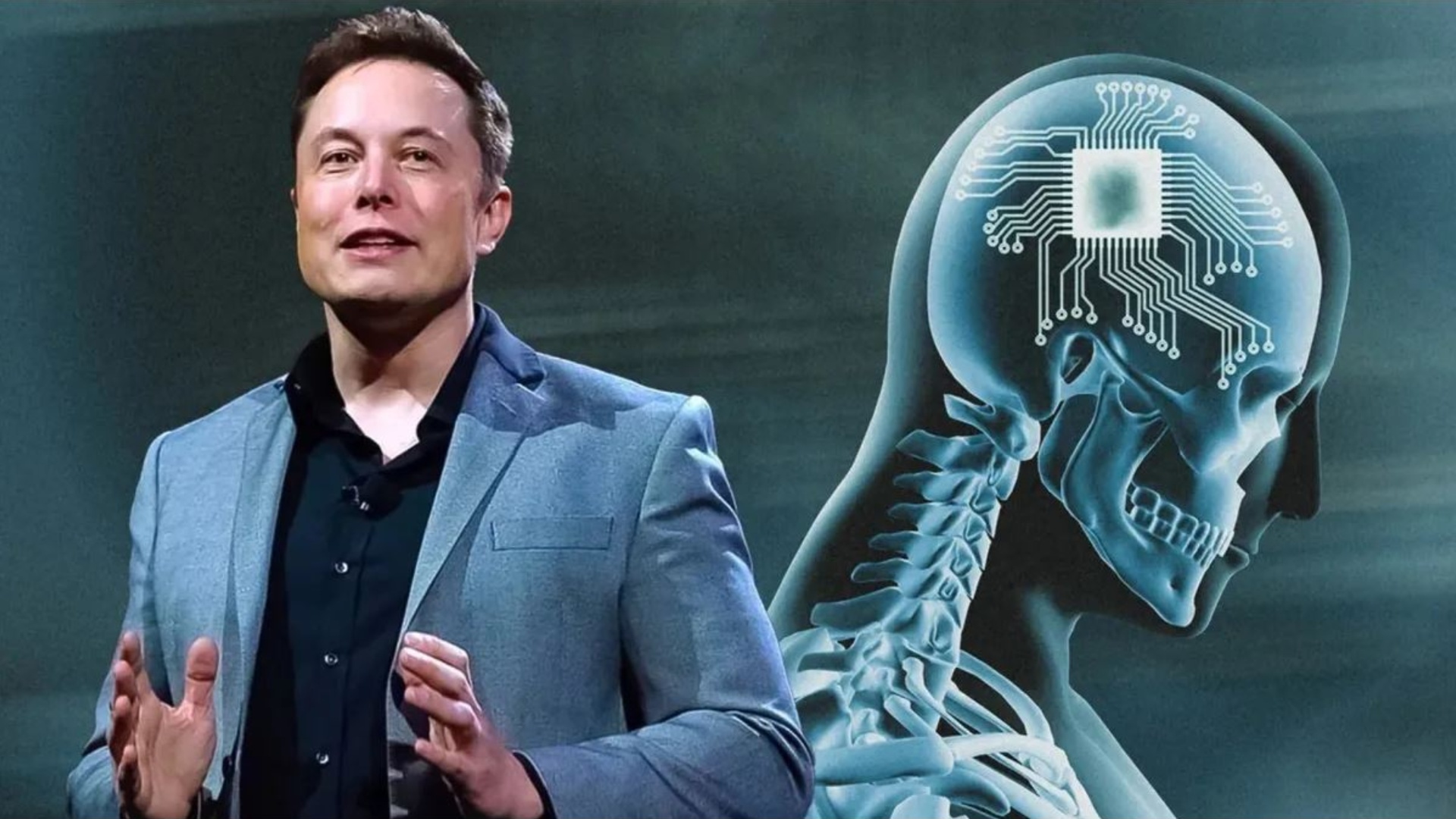In 1987, Ren Zhengfei faced the severe challenges of life’s journey and resolutely decided to establish Huawei. No one anticipated that this move would not only reshape the future of the Information and Communication Technology (ICT) industry but also have a profound impact on the global communication field. Ren Zhengfei’s personality is just like the Huawei he created—in the unpredictable business world, their low profile and persistence finally allowed them to stand tall at the pinnacle of the era and individual will.
Today, let us look back at the classic quotes of Ren Zhengfei, whose insights on business thinking and leadership during many speeches and writings may provide us with some inspiration.
About Business Thinking
1. Peace is fought for, we need to strive with hard work and brave sacrifices to secure a peaceful environment for the next thirty years.
2. Do not pursue disruptive innovations; be patient, optimize and refine slowly, avoid eagerness for quick success, and do not expect to reach the ideal state overnight.
3. Insight comes from two aspects: one is a wealth of personal practical experience; the other is profound theoretical knowledge.
4. Historically, many problems have been solved in a moment of inspiration.
5. The development of human social organizational forms is always driven by problems.
6. The key to future victory lies in simplicity, which appears simple on the surface but is highly complex on the inside. Keep the complex for ourselves and leave the simple for others.
7. Disruptive innovations are often made by outsiders.
8. Customers will not pay an extra penny for your splendid appearance or high benefits.
9. Avoid purposeless innovation; endless calls for innovation may become our swan song.
10. In the era of great opportunities, we must not allow opportunism to prevail.
11. We should not try to salvage the current crisis while sowing the seeds of tomorrow’s problems.
12. Huawei has never truly succeeded; it is always in the process of growing.
13. Entrepreneurship is difficult, and continual innovation is even harder, but understanding this is not difficult.
14. Only those who worry constantly can survive.
15. Every day I think about failure, and I am blind to success.
16. Any lament over missed opportunities at any time comes from the self-mockery of the inactive.
17. Finding and seizing opportunities is the wisdom of the latecomer, but creating opportunities and driving consumption is the creed of the pioneers.
18. We need to establish a new thinking that can engage in self-criticism and self-negation.
19. Use the cadre team to enhance certainty to cope with the unpredictability of the environment and the uncertainty of business challenges.
About Leadership
1. Excessive praise can lead to personal cults.
2. No general can win forever without defeat; growth comes through continuous setbacks.
3. Mediocre leaders have mediocre employees; like Li Yunlong, every subordinate is a hero; but like Ma Su, even with millions of valiant soldiers, one may still lose at Jieting.
4. The key to eliminating mediocrity lies in removing mediocre cadres.
5. Leaders can focus on themselves, but leaders must care for others.
6. Be a humble leader. Humility comes from self-confidence and one’s own strength.
7. It may be due to my incompetence or folly that I delegate power to the more capable, allowing various talents to perform to their utmost, achieving Huawei’s success together.
8. The industry often says that I am mysterious and great, but in reality, I am clear that I am not as famous as proclaimed.
9. When subordinates flatter you, you should already be able to discern who are the harmful ones, and take precautions early.
10. We should let those employees who work hard share the fruits of victory, while exerting pressure to eliminate the lazy cadres.
The legion is a tree grown from the company’s “black earth,” piercing through the entire industry’s strata. The commando unit, on the other hand, deeply explores and experiments with specific industries and directions.
Our approach to talent retention involves selecting talent through practice, not sticking to norms, and assigning significant responsibilities to those with outstanding abilities. The criteria for promoting officers start with whether they have “been on the battlefield, fired guns, and been wounded.” We believe that if officers stay too long in the same position without new breakthroughs, it’s easy to encounter problems of internal competition. Thus, we advocate for a selection model that involves multiple scenarios and paths, forming a comprehensive tiered talent cultivation and selection system. “Employ one generation, select another generation, temper another generation, and discover yet another” is our principle.
Officer selection is based on a selection system rather than a cultivation system. Traditional talent structures are “pyramidal,” while we strive for an “inverted triangle.” Like steel, only the talent within knows their own pain and challenges best. The organization’s internal unity is driven and guided by the leadership’s battle results.
For senior officers, we focus on cultivating their sense of direction and ability to control rhythm. Direction refers to their cognition and positioning of goals, while rhythm means they can make suitable decisions based on circumstances and adjust their actions flexibly. “A bird that cannot be burned to death is a phoenix” reflects our attitude towards difficulties and challenges, and the standard for selecting officers.
We always insist on selecting officers from successful practices, believing “strong generals are found among the troops, and prime ministers arise from the prefectures.” We understand that without an elimination mechanism, there’s no combat effectiveness; generals are born on the battlefield, not in the office. Employees who fit their positions well and carry out their duties responsibly are truly talented individuals.
Daring to manage those lagging employees is another one of our principles. Proper management can transform potential into great strength; otherwise, potential risks become hard to control. We think that vertical promotions easily lead to homogeneity among officers, while cross-boundary promotions help build diverse perspectives within the organization.
Demanding regions and job positions are crucial for discovering and promoting officers. Without grassroots heroes, there’s no hope or vitality. In terms of compensation and benefits, we decisively favor outstanding employees, because we believe that giving extra rewards to employees is not a problem; the key is to ensure that the “ship” does not capsize, or it’s the end of everything.
Incentive mechanisms are also critical; a single medal can inspire an employee, or even their entire family, for a lifetime.
When it comes to corporate culture, we believe that “a cup of coffee that absorbs the energy of the cosmos” is better than the coffee itself; more importantly, it’s everyone’s ability to interact beyond boundaries. Between success and failure, we should celebrate or support each other. A balanced interest ensures unity of purpose.
Enterprises need the spirit of Lei Feng, but we don’t let Lei Feng suffer losses; we encourage them to gain reasonable returns. Culturally, we stress “enjoying community living and having a varied diet.” Additionally, “All for the front line, all for service, all for victory” might become our slogan in this era of transformation.
A company needs a living soul, implemented in everything it does. While resources may be depleted, only culture can be ever-flowing. At its core, our culture is built on two points: customer-centered, and based on the struggler.
Simplify Huawei, avoiding over-detailed dissection of its culture. Maintaining the openness of culture is crucial; a closed culture or organization that does not actively absorb external merits will eventually become stagnant and irreversibly fail.
Huawei must maintain a vibrant corporate culture, preventing any complacency from spreading within the company. A positive atmosphere itself is a valuable management resource.
Personal Growth
Face is just a shield used by the incompetent to protect themselves. Do not overly rely on others’ encouragement, or pay too much attention to their appraisal, but care more about your actions and achievements. Often, those who fail do so because their dreams are too grand while their platform is too narrow. Those who dare to face and correct their own mistakes and shortcomings will not see their youth fade away.
The path to success is not always strewn with flowers. The Titanic’s voyage began amidst cheers, unaware of the impending disaster. Silence does not mean cowardice, patience does not imply numbness, and those who learn from failure will not perish easily.
Extract the seeds of success from failure; no one can traverse the world, and those brave enough to explore are the heroes. Victory is based on rock-solid belief, and that belief comes from focus. The most successful and creative individuals often have the most challenging growth experiences.
Only when a person realizes their own insignificance can they begin to undertake great actions. Doing the same things at the same time and conditions, but at a lower cost, is the expression of professionalism. The true meaning of progress lies in correcting the errors of yesterday.
Only the strong are willing to self-criticize, and self-criticism is a necessary path for the strong. Reading is valuable, but if it cannot be applied flexibly, more reading may not be beneficial.







